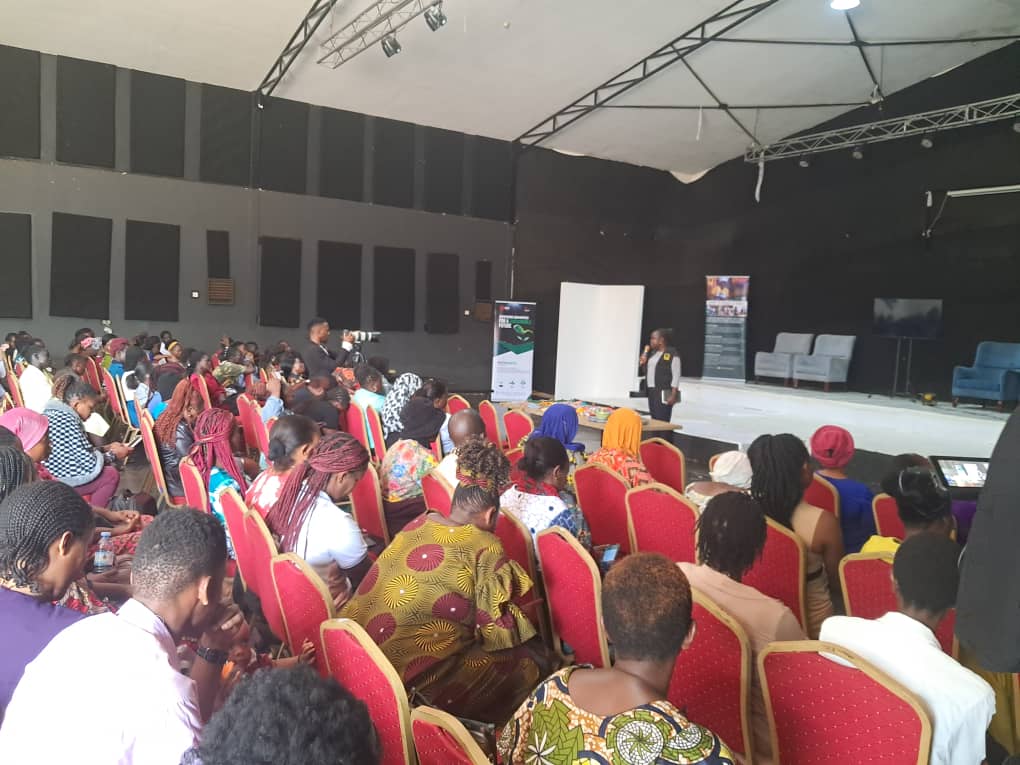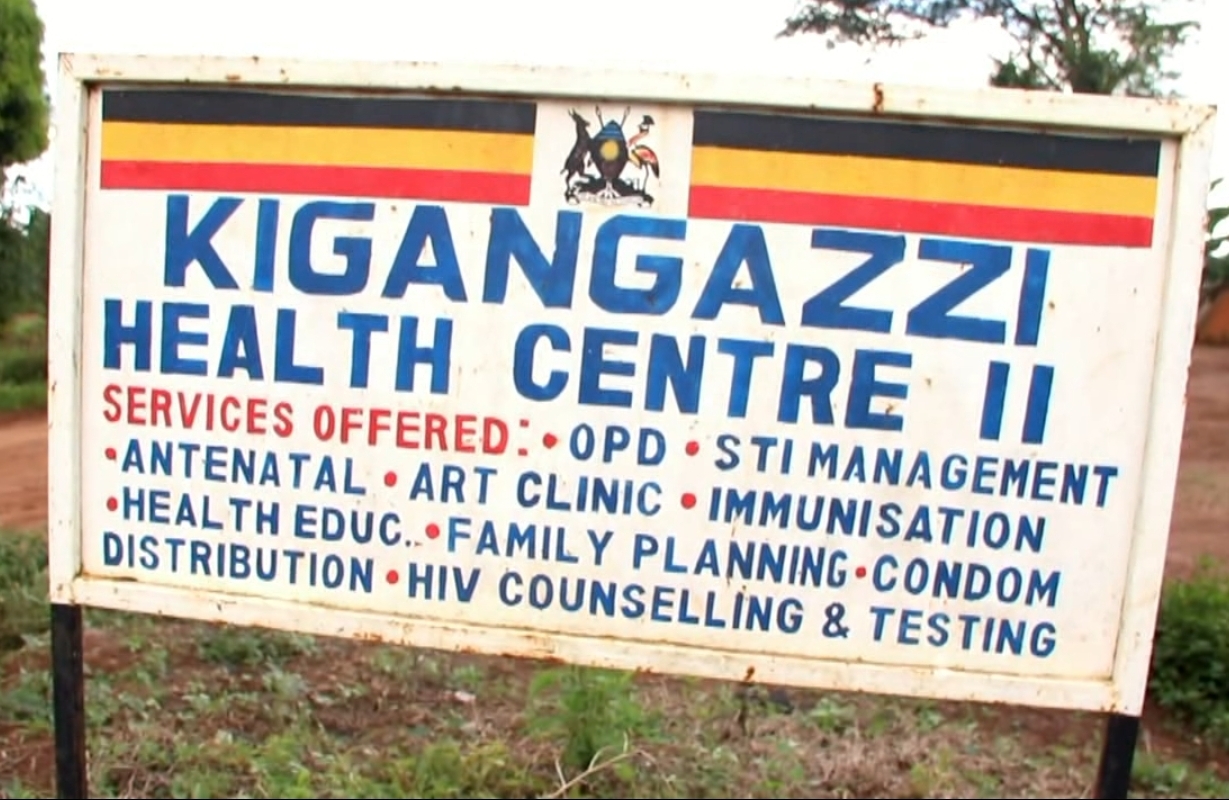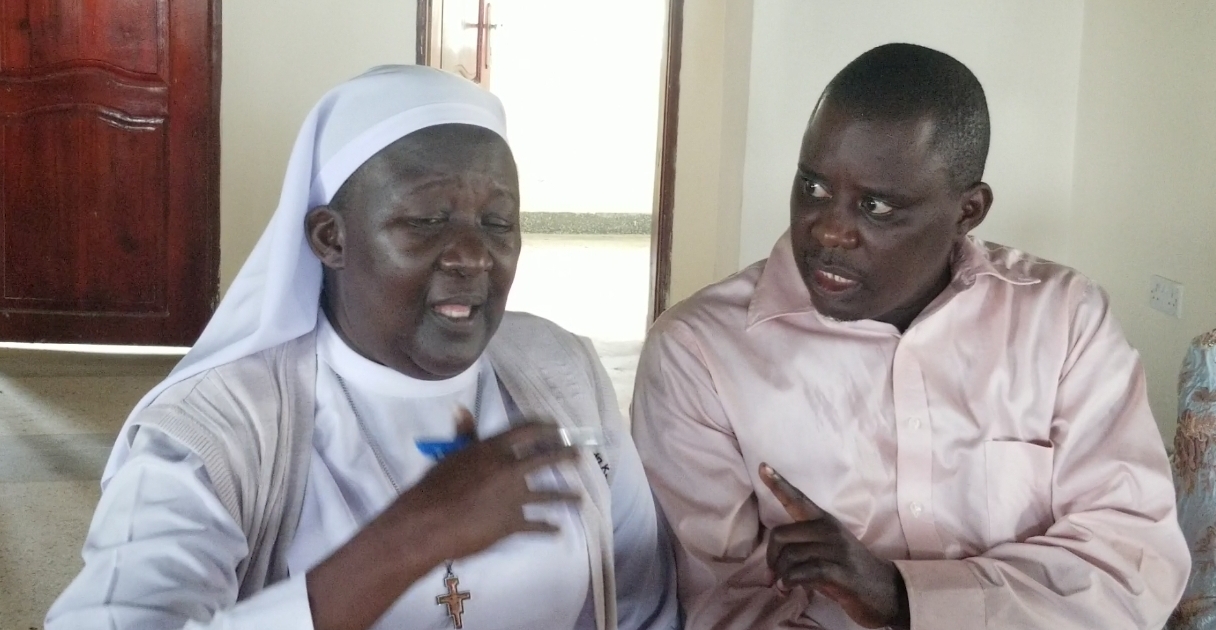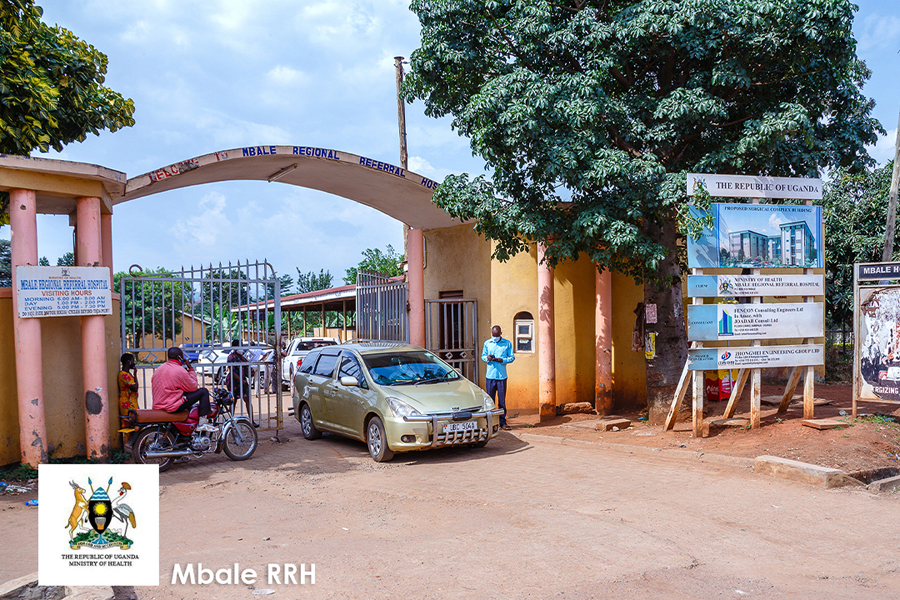Tackling Blood Management Challenges in Africa: A Call to Action
In Africa, the debate surrounding patient blood management has gained momentum as healthcare stakeholders grapple with the region's persistent blood shortages and transfusion dilemmas. With statistics painting a stark picture of the challenges faced, the imperative for sustainable solutions to optimize blood utilization and availability has never been clearer.
The State of Blood in Africa
Keep Reading
According to recent data from the World Health Organization (WHO), Africa faces a significant deficit in blood supply, with an estimated shortage of over 40 million units annually. This shortfall is exacerbated by various factors, including inadequate infrastructure, limited funding, and low voluntary blood donation rates.
The Power of Collaboration and Dialogue
In response to these challenges, healthcare professionals, policymakers, and advocates have joined forces to foster dialogue and collaboration on patient blood management. Through symposiums, workshops, and advocacy campaigns, they are working towards identifying innovative strategies to address the root causes of blood shortages and improve transfusion practices.
Key Issues Addressed:
Blood Donation Culture:
Statistics reveal that voluntary blood donation rates in Africa are well below the WHO-recommended target of 1% of the population. By promoting awareness and community engagement, stakeholders aim to boost blood donation rates and cultivate a culture of regular voluntary donation.
Transfusion Practices:
Data indicates that inappropriate transfusion practices, including overuse and misuse of blood products, contribute to the inefficient utilization of limited blood resources. Through education and training initiatives, healthcare providers are striving to align transfusion practices with evidence-based guidelines to optimize patient outcomes.
Infrastructure and Technology:
Statistics underscore the urgent need for investment in blood banking infrastructure and technology across Africa. Currently, only a fraction of healthcare facilities in the region have adequate facilities for blood collection, storage, and testing. By upgrading infrastructure and deploying innovative technologies, stakeholders aim to improve the efficiency and accessibility of blood services.
Impact on Patient Care:
The implications of these efforts extend beyond statistics, directly impacting the lives of patients in need of transfusions. By enhancing blood management practices, healthcare providers can ensure timely access to safe blood products, reducing the risk of complications and mortality associated with blood shortages and transfusion-related complications.
Looking Ahead:
While progress has been made, the road to comprehensive patient blood management in Africa remains long and challenging. To sustain momentum and drive meaningful change, continued commitment and collaboration are essential. By harnessing the power of data-driven insights and collective action, Africa can overcome its blood management challenges and build a more resilient and equitable healthcare system for all.

















